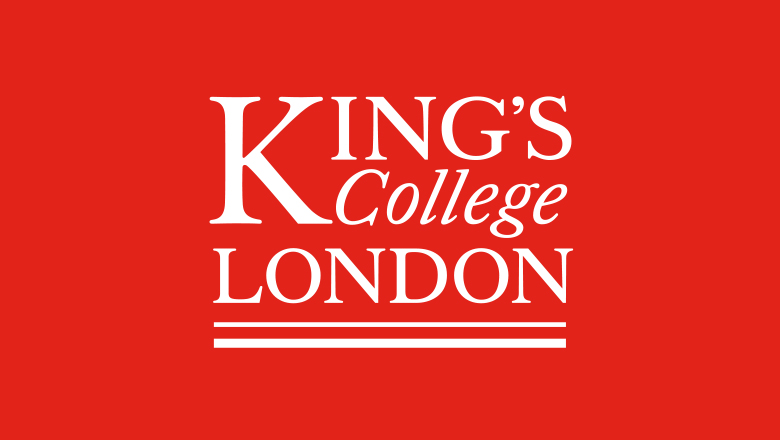Dear all,
The interdisciplinary, open access online journal Music & Science has just released a special issue on music and hearing loss.
Music and hearing loss
Description
It is estimated that by 2050, 2.5 billion people will be living with hearing loss* (WHO, 2024). Hearing loss is a major barrier for accessing music, which can impact negatively on music perception and appreciation and lead to a reduction in musical activities and associated reduction in quality of life. This special collection is focused on scientific research which seeks to understand how hearing loss affects music experiences (perception, listening, performance) and how these can be improved for people with all levels of hearing. This might include approaches to hearing conservation, technical improvements to hearing devices such as hearing aids and cochlear implants, and audiological practice. It might also include alternative approaches to traditional rehabilitation such as vibrotactile perception and other promising augmentation strategies.
We invite submissions from a wide range of disciplinary areas such as music and creative practice, psychology, audiology, acoustics, psychoacoustics, engineering, computer science.
Topics may include (but not be limited to):
· Hearing conservation and hearing protection devices
· Hearing aids for music: user experiences, technological innovation, application design
· Cochlear implants for music: user experiences, technological innovation, sound coding strategies
· Deep learning and signal processing for hearing devices for music
· Music augmentation strategies (e.g. vibrotactile, personalised listening)
· Audiological/hearing therapy practice
· Music-based aural rehabilitation strategies
· Music perception and hearing loss
· Creative practice for those with hearing loss
The Special Collection welcomes the full range of paper types (including empirical research articles, theoretical papers, position papers, discussions, and reviews).
*Please note: We are using 'hearing loss' as the term most commonly used in scientific research papers which address the impact of different levels of hearing on music experience. We appreciate the complexity and diversity of terminology and philosophical perspectives on this matter, and that different terms are preferred and commonly used. Given variations in terminology use (e.g. 'hearing impairment', 'deaf', 'hard of hearing', 'hearing difference'), we ask that authors use their preferred terms, along with any relevant critique of terminology.
You can find out more, including the submission guidelines here: https://journals.sagepub.com/topic/collections-mns/mns-1-music_and_hearing_loss/mns
Deadline for submissions: 31 December 2025
Editorial team:
Alinka Greasley, Scott Bannister, Kai Siedenburg, Kate Gfeller, Gerardo Roa Dabike
Please contact me or one of the editorial team if you have any questions.
Best wishes,
Alinka
Prof. Alinka Greasley
Professor of Music Psychology
Director of Research and Innovation
School of Music | University of Leeds | Leeds, LS2 9JT, UK
Email: a.e.greasley@leeds.ac.uk
